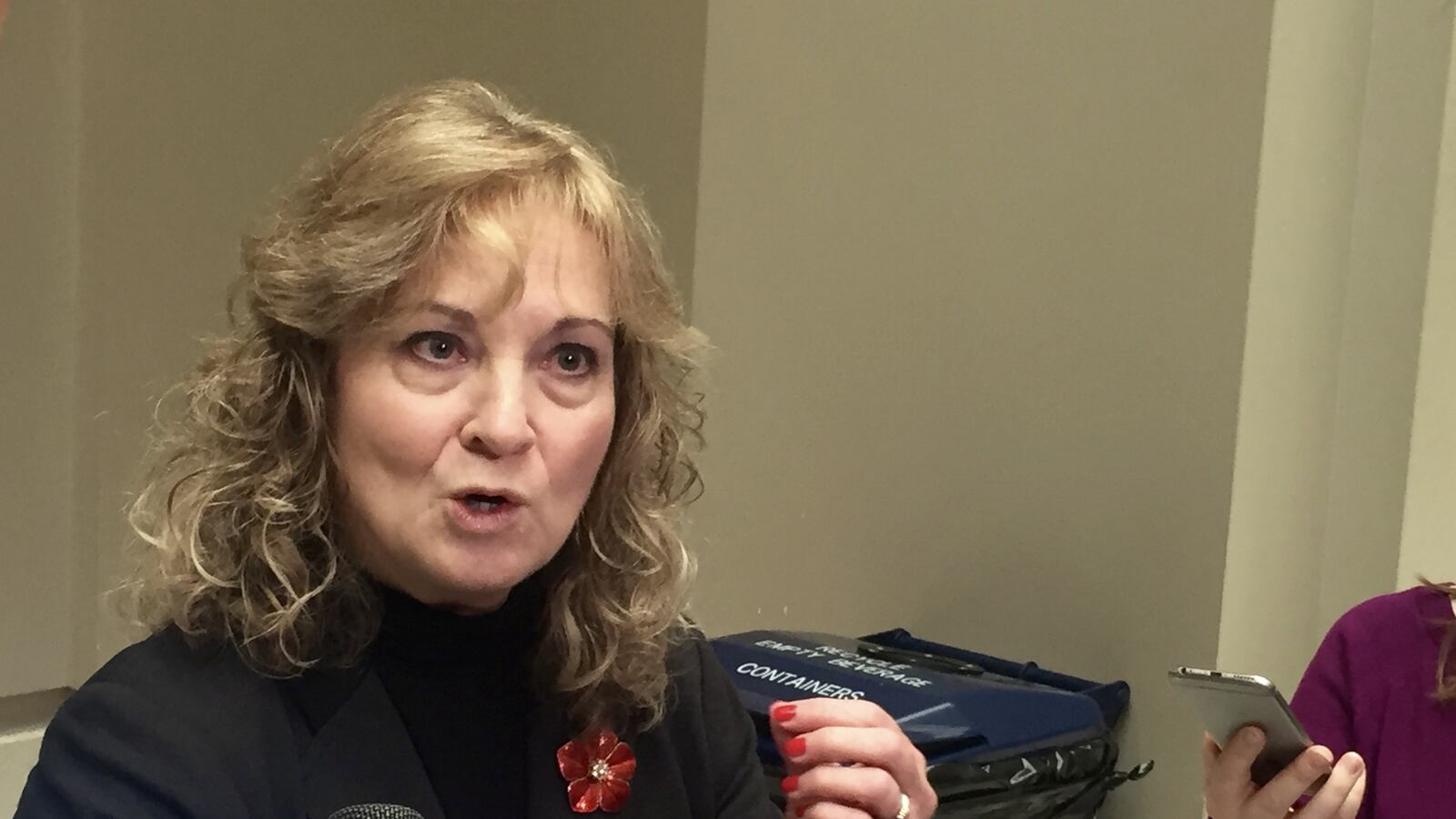As far as former state Superintendent Glenda Ritz is concerned, full-time online schools are “a failed alternative” to traditional schools.
In response to a Chalkbeat investigation of Indiana Virtual School published late last month, Ritz argued in an Indianapolis Business Journal column that virtual learning has its place in the classroom, but most of the time, online charter schools can’t meet the needs of their students.
Chalkbeat found that at Indiana Virtual School, a fast-growing online school which has already opened a second Indiana school, student-to-teacher ratios are sky-high and few students graduate. The school was also charged millions of dollars by its founder’s former company to manage the school, a set-up which has raised ethical questions.
She continued:
“Virtual learning has its place in all of our schools to deepen learning, enhance practice skills, and provide access to information. However, virtual learning should not be offered to students, using taxpayer money, as a complete alternative to school. The key word is “school.” If you have not read the Oct. 31 special report from Chalkbeat titled, ‘As students signed up, online school hired barely any teachers — but founder’s company charged it millions,’ then you should. Not-for-profit companies like the one mentioned in the article make a lot of money getting chartered as a school and spending your tax dollars while failing to provide quality education to some of our most vulnerable students. In Indiana, in the name of ‘choice,’ legislative leaders take money from these companies. These companies want to be able to effectively lobby for more state money to prey on our most vulnerable students through exclusive opportunities to capture more of the virtual education space.”
Since leaving office, Ritz has started her own consulting company, Advancing Public Schools. The organization works with public school district boards to promote their schools’ work and analyze and fill gaps in literacy and reading programs.
You can read the entire column here and find Chalkbeat’s investigation here.


